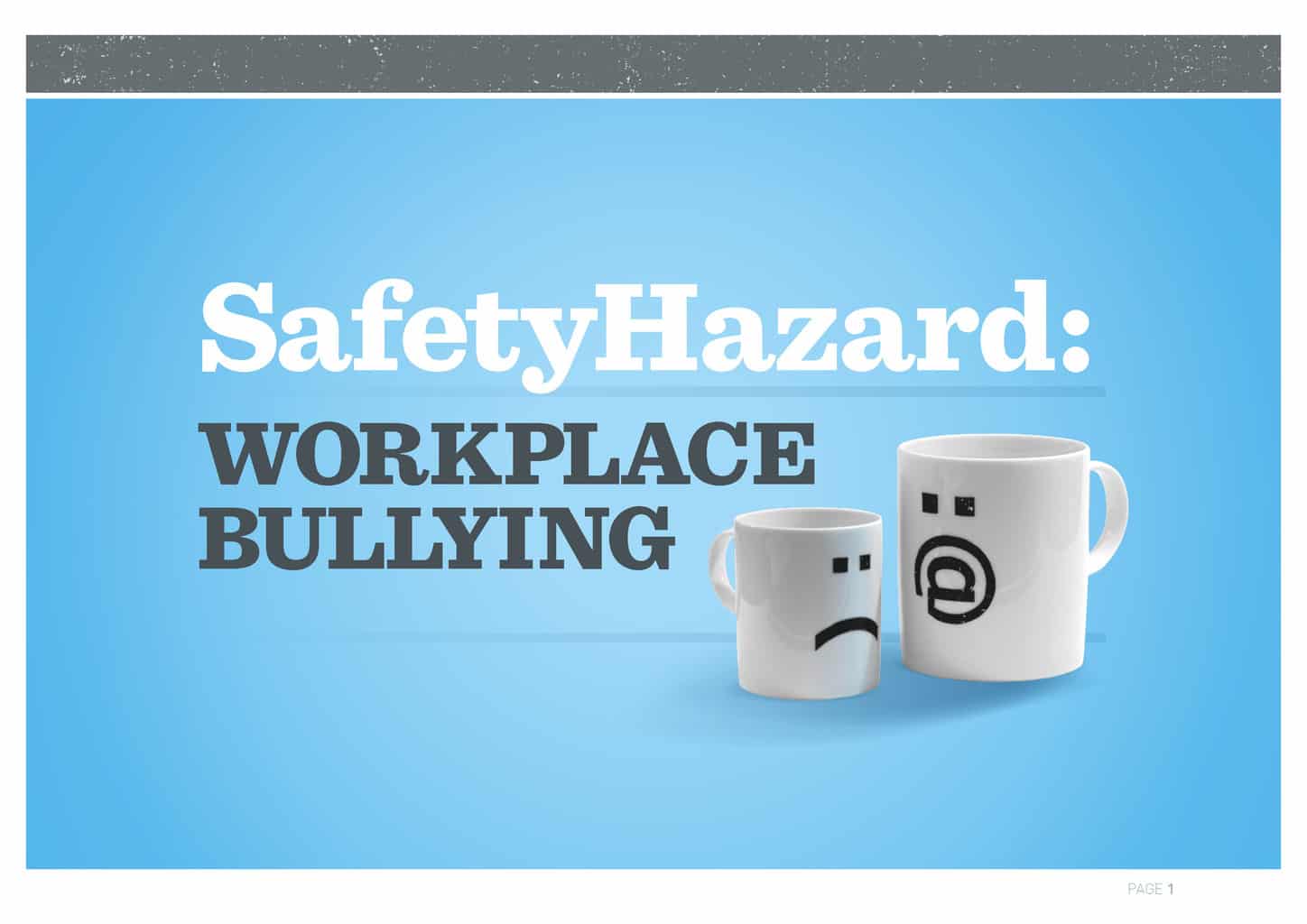 The origins of workplace bullying behaviour seem many. One of the issues to, hopefully, emerge from Australia’s inquiry into workplace bullying is how to prevent and minimise bullying, but to do so, one will need to identify the causes. And these causes need to be more than an amorphous, unhelpful concept like “workplace culture”.
The origins of workplace bullying behaviour seem many. One of the issues to, hopefully, emerge from Australia’s inquiry into workplace bullying is how to prevent and minimise bullying, but to do so, one will need to identify the causes. And these causes need to be more than an amorphous, unhelpful concept like “workplace culture”.
David Yamadamake this comment in his blog, “Minding the Workplace“, about a recent article in a New York Times blog (gosh, social media feeds social media. What’s a newspaper, Daddy?):
“Doctors and lawyers in training may have no idea how to conduct themselves as practitioners, other than being influenced by a lot of unfortunate “role models” on television. If we want to prevent workplace bullying, the training schools for these professions are the first and perhaps best places to start.”
This point links thematically to several recent SafetyAtWorkBlog articles about defining a safety profession, moving from a practice to a profession, workplace culture and workplace bullying. Continue reading “Where do workers and managers learn about respect?”


